Since 2018, ATCC has authenticated, validated, characterized, manufactured, and released over 300 NGCMs originating from the HCMI to the research community. This pan-cancer collection represents a diverse assortment of patients and genotypes, spanning 28 different tissues isolated from primary, metastatic, and pre-cancerous tumors. The collection includes rare and pediatric cancers and contains cancers derived from nearly every major tissue including, but not limited to, the brain, esophagus, colon, pancreas, skin, uterus, stomach, lung, mammary, endometrium, and ovary.
Over 75% of the NGCMs are grown as three-dimensional (3-D) organoids or spheroids, reflecting a recognized need for in vitro cancer models that better represent the biological complexity of tumors. Compared with traditional monolayer (two-dimensionally grown) cancer cell lines, these 3-D models better mimic the architecture and heterogeneity of the original tumor, thereby providing a more realistic system for preclinical study. For example, examining the epigenetic landscape has confirmed that ATCC patient-derived colon cancer organoids exhibit patterns of methylation that are more similar to primary tumors than classical cancer cell lines, indicating their physiological relevance and importance as new models.1
Beyond our role in manufacturing, quality control testing, and distribution of the NGCMs, ATCC has strived to raise awareness of the availability and use of models from this collection. ATCC’s methods paper to support the culture of patient-derived organoids2 has been cited nearly 50 times and we have released multiple informative how-to videos on our website detailing the hands-on aspects of organoid culture in the laboratory. ATCC has presented at leading international scientific conferences including a joint session with the NCI at the American Association for Cancer Research (AACR) in 2023 and at AACR 2024 where we presented “Pancreatic cancer organoids from the Human Cancer Models Initiative biobank reflect disease genotypes, capture patient heterogeneity, and are amenable to therapeutic screening.”3
Since we launched the first model in 2018, NGCMs from ATCC have appeared in over 40 scientific publications for applications like investigating tumor inter- and intra-heterogeneity, studying the tumor microenvironment, demonstrating compatibility in microfluidic systems, identifying druggable targets, and revealing the underpinnings of drug resistance and sensitivity, to highlight a few. In addition to academic research, models and data from the HCMI are further being used to tackle large, complex problems in the field. For instance, these models are being used by the NCI-Department of Energy collaboration IMRPOVE (Innovative Methodologies and New Data for Predictive Oncology Model Evaluation) to develop approaches for evaluating deep learning drug response computational models.4
In support of our mission to bring cutting-edge biological models to the forefront, ATCC is proud to be a part of the HCMI. Through our on-going release of new models, we are making the largest, most diverse, and highest-quality collection of patient-derived cancer models widely available to the global research community. If you are interested in helping us identify which new HCMI models we should prioritize for release next, browse our unreleased models page and provide your input here.
Did you know?
To simplify organoid culturing, ATCC has developed Organoid Growth Kits that comprise single-use supplements created to streamline media preparation. Simply add the contents of the kit into your basal medium and conditioned medium, and you’re ready to feed your organoids!
Meet the author
James Clinton, PhD
Lead Scientist, ATCC
James Clinton, PhD, works in new product development with a focus on primary cells and advanced, physiologically relevant culture systems using novel technologies. Previously he worked at University of California, San Diego and the La Jolla Institute for Molecular Medicine. Dr. Clinton attended Washington State University and University of California, San Diego where he studied Neuroscience.
Explore our featured resources
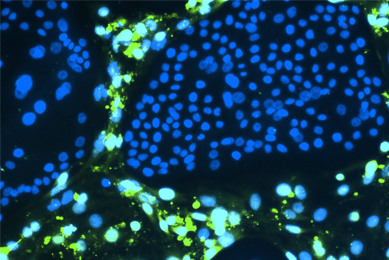
Human Cancer Models Initiative (HCMI)
ATCC is the exclusive distributor of the Human Cancer Models Initiative (HCMI) models. See the models that include common and rare examples of cancer from numerous tissues.
More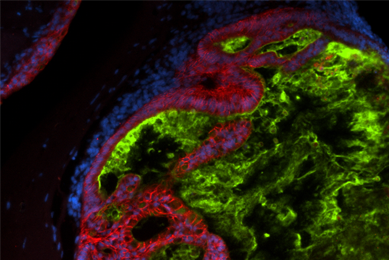
HCMI Unmanufactured Models
ATCC has multiple HCMI models that have not been expanded or released to the ATCC catalog. Explore our unreleased models by disease state and let us know which models should be developed next.
More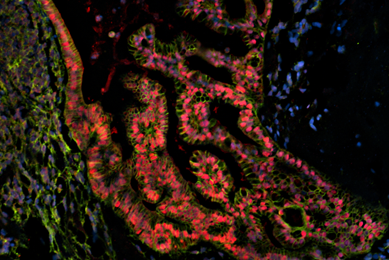
Organoids
Patient-derived organoids are authenticated cell models paired with genomic and phenotypic data. Organoids are available from the Human Cancer Models Initiative (HCMI) and contribute to valuable and reproducible research.
More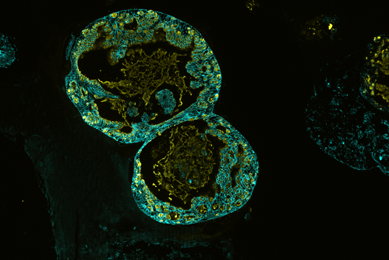 Culture guide
Culture guide
Organoid Culture Guide
Get expert guidance on growing and maintaining organoids from our organoid culture guide.
More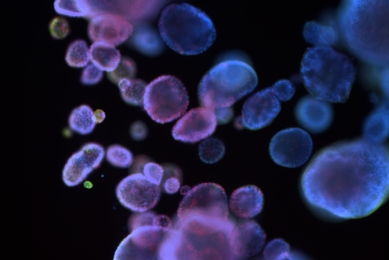
Organoid Growth Kits
ATCC CoreKits are packages of recombinant proteins, small molecules and other supplements designed to make the preparation of complex media formulations for select cell culture models easy and reliable.
More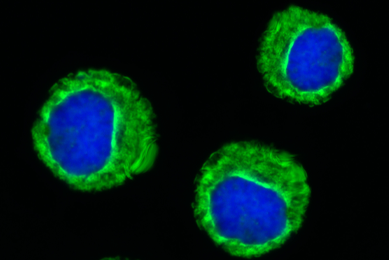
Oncology and Immuno-oncology
Support your oncology and immuno-oncology research with authenticated cell lines, patient-derived cancer models, human primary immune cells, and advanced cell models from ATCC.
MoreReferences
- Joshi R, et al. The DNA methylation landscape of human cancer organoids available at the American Type Culture Collection. Epigenetics 15(11): 1167-1177, 2020. PubMed: 32396494
- Clinton J, McWilliams-Koeppen P. Initiation, Expansion, and Cryopreservation of Human Primary Tissue-Derived Normal and Diseased Organoids in Embedded Three-Dimensional Culture. Curr Protoc Cell Biol 82(1): e66, 2019. PubMed: 30265443
- Friend S, et al. Poster: Pancreatic Cancer Organoids from the Human Cancer Models Initiative Biobank Reflect Disease Genotypes, Capture Patient Heterogeneity, and are Amenable to Therapeutic Screening. Available online: https://www.atcc.org/resources/posters/2024-posters/pancreatic-cancer-organoids-from-the-human-cancer-models-initiative-biobank
- National Cancer Institute Center for Biomedical Informatics & Information Technology. Innovative Methodologies and New Data for Predictive Oncology model Evaluation (IMPROVE). Available online: https://datascience.cancer.gov/collaborations/nci-department-energy-collaborations/improve